Aberdeen firm Well-Safe Solutions has come up with an innovative recruitment scheme to support the global energy transition.
The company’s Excelerator programme is targeting people for a wide range of onshore and offshore jobs.
There are three strands to it, creating roles for apprentices, graduates and armed forces veterans.
Well-Safe has three kinds of apprentice
Apprentices are further broken down into three types.
The well decommissioning services firm currently has one “foundation” apprentice, with another joining the business next month.
As of early June, there were two Modern Apprentices and four Apprentices, with a further five new recruits expected to join the company in these categories this summer.
Six graduates had already joined Well-Safe through the Excelerator programme, with a further four expected to join them this summer.
Meanwhile, the firm boasted 22 armed forces veterans among its Excelerator ranks.
The company said its “different approach” to recruitment and promoting careers in the decommissioning sector were part of its commitment to industry-wide net-zero efforts.
It is hoped Excelerator can also help Well-Safe overcome the kind of recruitment challenges faced by energy services firms amid a declining oil and gas workforce in recent years. Thousands of people left the industry after a savage downturn in 2014-16.
‘Fast-growing Scottish success story’
Well-Safe human resources (HR) manager Anita Martin said: “It’s in its very early stages.
“We decided early on we were going to have to reach out to young people and get them to understand what decommissioning is all about.
Decom a key part of energy lifecycle
“There is often a perception that decommissioning is just the end of the line, whereas it’s a very important part of the energy lifecycle. We felt there is a need to attract the next generation into our industry.
“And so, we’ve created this platform that makes it very clear what decommissioning is to school leavers, graduates and those who have worked in the third sector or armed forces.
“We offer all levels of apprenticeship to give them skills.”
Many of the roles are “very much focused” on green energy, including things like carbon capture and storage, Ms Martin said.
She added: “To the best of our knowledge, none of our competitors is investing in this sector-wide approach.
“But it’s crucial that we do what we can to build a pipeline of talent for the wider decommissioning sector. Skills developed here can be exported around the world.”
Decom projects in the UK alone offer plenty of reasons to be upbeat about job prospects in the sector.
Industry body Offshore Energies UK has predicted a “significant” rise in decommissioning activities over the next few years, with 2026 forecast to see more than 100,000 tons of topsides and substructures removed.
And the global decom market is growing rapidly too.
The international cost of decommissioning is expected to come in at more than £150 billion over the next 20 years.
Meet some of Well-Safe’s team
So, what do Well-Safe employees say about the firm’s recruitment efforts?
Graduate Apprentice and Robert Gordon University (RGU) student William Banyard joined the business as a trainee engineer three years ago.
He said his apprenticeship had opened doors onshore and offshore.
“I found the scheme online,” he said, adding: “I knew at this point that this was something I wanted to do.
“The fact that I could combine a university degree with four years of practical work experience, all while earning a salary and without student loan debts, helped me make the decision.”
RGU mentors and lecturers have been “very supportive”, Mr Banyard said.
“I make use of weekly live support sessions, where course leaders answer any questions we may have, with assistance also provided remotely via email or forum posts online.”
And the most rewarding aspect of his apprenticeship so far?
He said: “The main thing which comes to mind is the breadth of opportunities I’ve had to date.
I’m really enjoying the experience, confidence boost and improved communications skills I am developing by being out in the workplace.” William Banyard, Graduate Apprentice
“Since I joined Well-Safe Solutions in August 2021, I have worked as a well site engineer aboard the Well-Safe Protector, visited the company’s semi-submersible rigs (Well-Safe Guardian and Well-Safe Defender), and attended countless vendor site
visits and conferences.
“I’ve gained knowledge and insight from experienced colleagues by asking questions I likely wouldn’t have had the opportunity to ask if I’d only been at university.
“I’m really enjoying the experience, confidence boost and improved communications skills I am developing by being out in the workplace.”
Asked it he would recommend a Graduate Apprenticeship at Well-Safe, the RGU student said he would, adding: “I’m very happy with the choice I made.
“The workload can be challenging at times but, thankfully, I receive a great level of support from Well-Safe Solutions which allows me to be flexible and keep up with my university studies.
“The benefits which come with the Graduate Apprenticeship are worth the sacrifice of having a heavier workload while I study.
Global decommissioning sector ‘will thrive for decades to come’
“I didn’t know anything about the decommissioning sector before I applied for the position with Well-Safe. Now I’ve learned more about the industry, it’s evident the global decommissioning sector will thrive for decades to come due to the sheer number of wells to be decommissioned around the world.
“In the North Sea alone, over £20 billion is due to be spent on decommissioning in the next decade.
“There’s also the feeling of satisfaction which comes from knowing the work you’re doing is having a positive impact on the environment.”
Graduate-level recruit Haley Robertson is an HR advisor at the company.
She was unsure about her career path after school but now boasts a postgraduate diploma in HR and two promotions since she joined Well-Safe in 2019.
“It was my dad who first spotted the HR assistant role at Well-Safe,” she said.
“I was really interested in the possibilities. At the time, the company was a relatively new, small organisation.
Joining Well-Safe was ‘big pull’
“This was a big pull for me as I liked the thought of being somewhere smaller for my first full-time job. I felt I would gain more experience in a broad range of topics – not to mention it being less scary,
“I decided to apply and had my interview the day after my graduation.”
Ms Robertson joined Well-Safe in July 2019, becoming HR co-ordinator in October 2020.
She added: “After 14 months in the role, the company arranged for me to undertake a postgraduate diploma in human resource Management, which I completed over two years on a part-time, distance learning course delivered by Robert Gordon University.”
“This course was a huge help in my career development within HR. Once I’d completed the diploma, I was awarded my Chartered Institute of Personnel and Development associate membership. I was promoted to HR advisor in July 2022.
“Getting stuck into the role… was a great way to apply my studies in real life and gain practical experience.”
Never heard of it
Before she started at Well-Safe, Ms Robertson had never even heard of the decommissioning sector.
But she’s now eager to help promote it and explain to other young people how it is supporting energy transition.
There’s plenty of opportunity for career progression in decommissioning.” Haley Robertson, graduate recruit
She added: “My story shows there’s plenty of opportunity for career progression in decommissioning.”
Armed forces veterans at Well-Safe include Amanda Richardson, now an offshore materials and logistics co-ordinator at the firm.
She is based on a plug and abandonment rig, Well-Safe Defender.
Army at 16
Having joined the Royal Corps of Signals at 16, she served an apprenticeship in the Army – as a radio technician – before a three-year posting to Northern Ireland. She was promoted to corporal and then became a skill-at-arms instructor, based in Bassingbourn, in Cambridgeshire, leading new recruits through basic military training.
She left the Army in 2001, after six years in the forces, and then had “many different experiences”.
Ms Richardson said: “I did a degree in accounting and, while a student, worked in pubs, betting shops and call centres.
“After I graduated, I had a successful career in procurement. I fell out of love with that career as I became more senior, and when lockdown hit I was increasingly unhappy. I left that behind to work offshore.”
Her first job in the offshore industry came in 2021 and she joined Well-Safe in March 2023.
“I’d definitely recommend this career to ex-forces personnel,” she said.
There’s a lot of similarities between working offshore and the military.” Amanda Richardson, ex-Army
She added: “I chose Well-Safe Solutions as the decommissioning industry offers more security than drilling.
“A few colleagues from a rig I had worked on previously had also joined Well-Safe and
said it was a good company to work for, with a good crew.
“There’s a lot of similarities between working offshore and the military.
“You’re working away from home; it’s a male-dominated environment and there’s a lot of rules, particularly related to safety – military personnel are used to rules.
“The ex-forces personnel are usually happy with the accommodation because you’ve
almost certainly had worse in the forces. You work long hours but have a good laugh
along the way.
“Like the military, working offshore isn’t just a job, it’s a way of life.
“I’ve spoken to colleagues offshore who’ve felt lost when they left the forces, but then
felt right at home once on a rig.”
Well-Safe’s most recently filed accounts, for the year to March 2023, revealed revenue of £100.6 million and an average payrole of about 300 people.
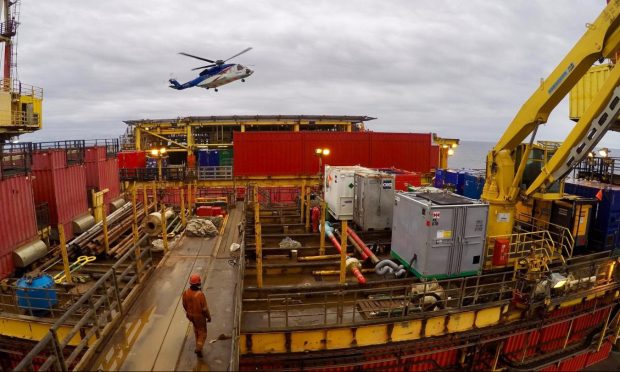
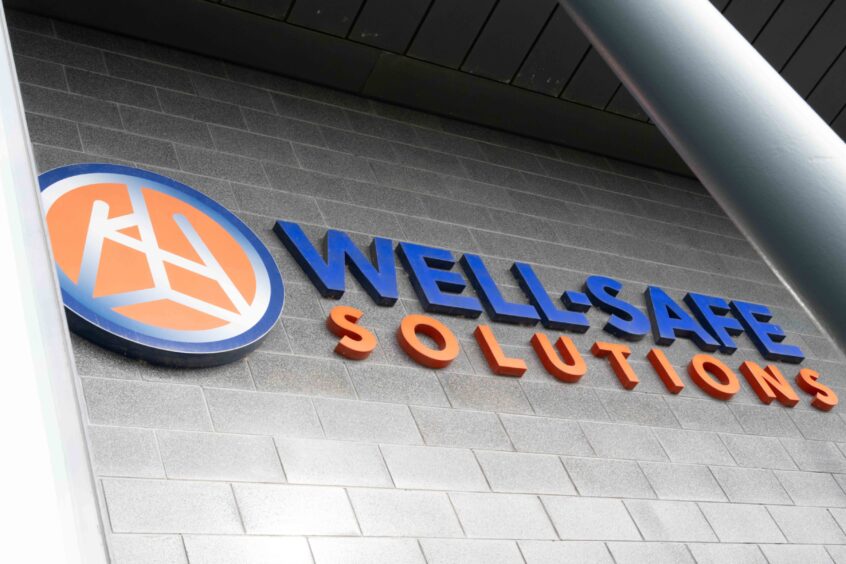
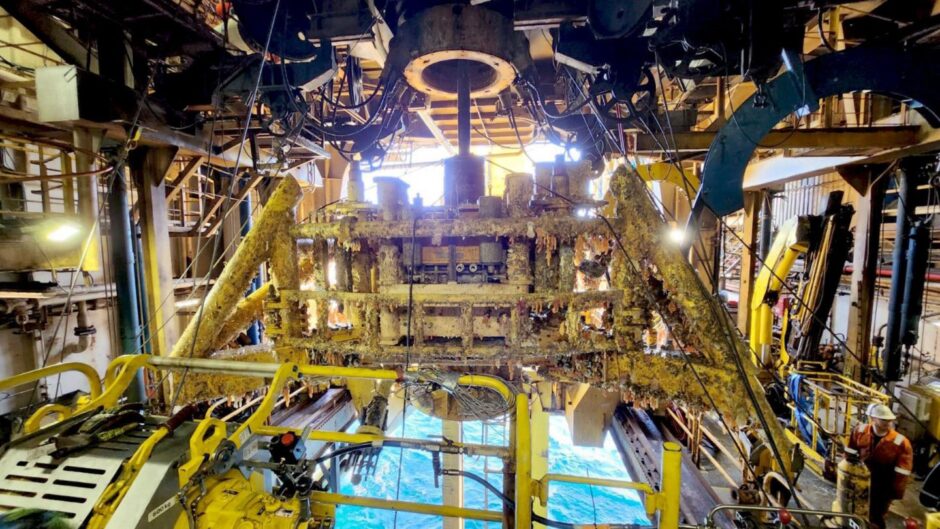
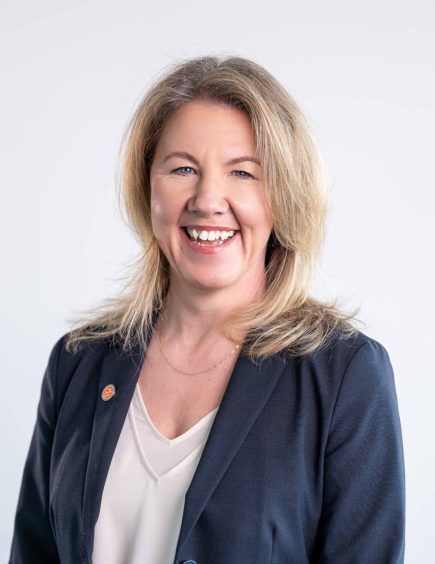
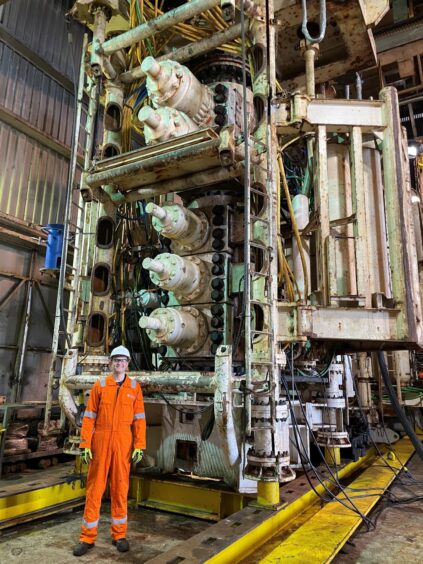
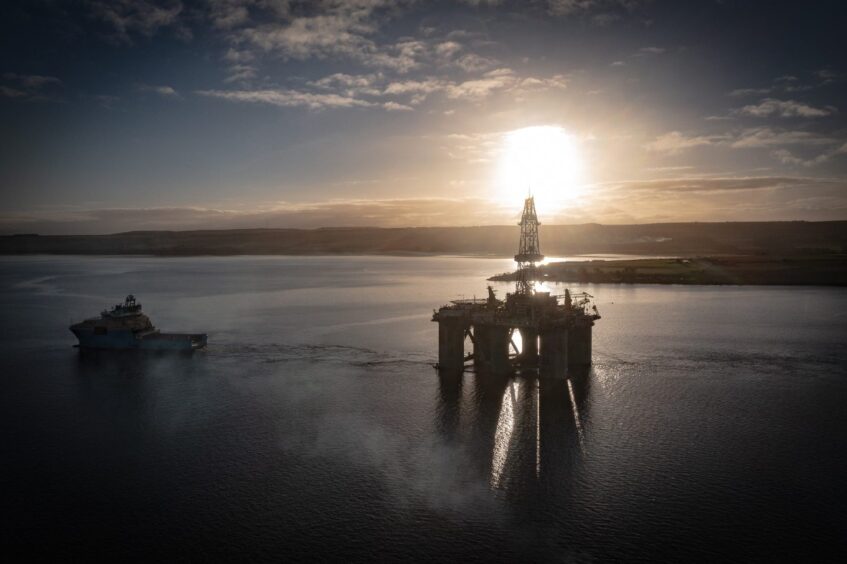
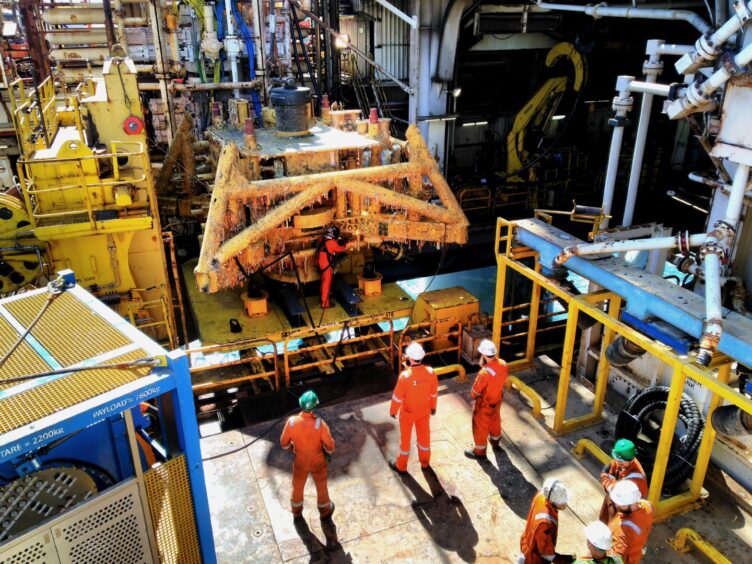
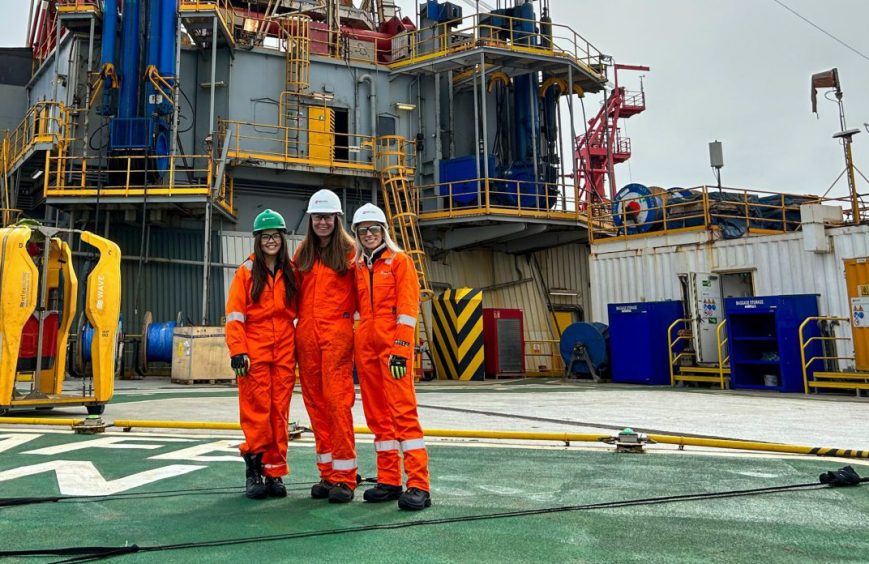
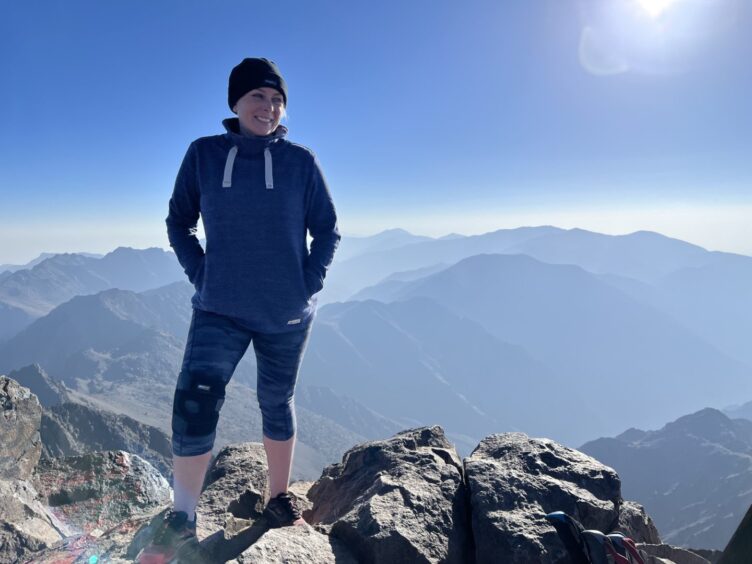

Conversation